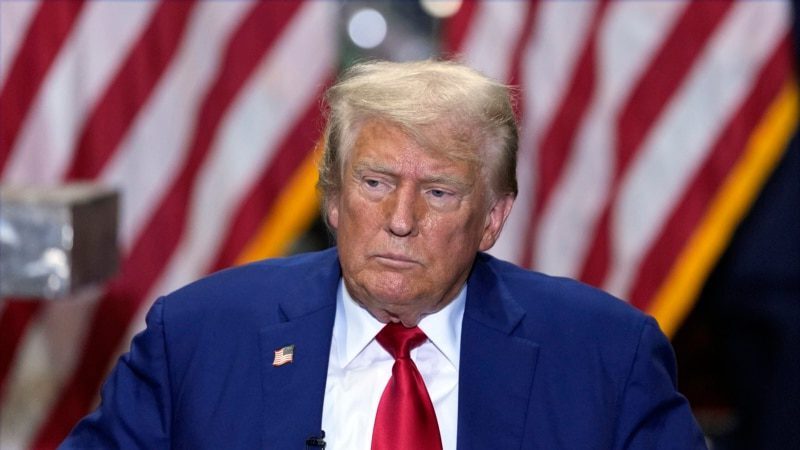BTN News: In a significant development, U.S. intelligence officials have pointed the finger at Iran for a recent cyberattack targeting the presidential campaign of Donald Trump. This marks the first time the U.S. government has formally attributed responsibility for a hack linked to the 2020 election, which the former president had previously suggested was connected to Tehran. The cyberattack represents a serious escalation in Iran’s efforts to interfere in American politics, underscoring the lengths to which the nation is willing to go to influence the outcome of the election and erode trust in democratic institutions.
According to a joint statement from the FBI, the Office of the Director of National Intelligence (ODNI), and the Cybersecurity and Infrastructure Security Agency (CISA), Iran viewed the 2020 presidential election as particularly consequential and was determined to meddle in U.S. politics. The operation not only aimed to sow discord but also sought to undermine confidence in the democratic process itself. The intelligence agencies reported an increase in aggressive Iranian activities during the election cycle, including influence operations directed at the American public and cyberattacks against the presidential campaigns.
The statement highlighted that Iranian hackers had attempted to gain access to individuals closely associated with both the Trump and Biden campaigns. These attempts illustrate the breadth of Iran’s cyber operations, targeting key figures on both sides of the political aisle in an effort to gather sensitive information or disrupt campaign activities. The FBI has been actively investigating these incidents, including specific attempts to infiltrate the campaign of Democratic vice-presidential nominee Kamala Harris.
This revelation sheds light on the broader context of foreign interference in U.S. elections, a concern that has grown in recent years as adversaries increasingly turn to cyber operations to achieve their geopolitical objectives. The Iranian cyberattack is part of a larger pattern of malign activities designed to influence the outcome of elections and weaken public trust in democratic systems. As the 2020 election approached, the U.S. government was on high alert for such threats, emphasizing the need for robust cybersecurity measures and vigilance against foreign interference.
The implications of this cyberattack are profound, as they underscore the vulnerability of democratic processes to external manipulation. The U.S. government’s response to the attack, including ongoing investigations and efforts to safeguard election integrity, reflects the seriousness with which these threats are being addressed. The incident also highlights the broader challenge of securing political campaigns and democratic institutions against an evolving landscape of cyber threats.
In conclusion, the attribution of the cyberattack on Donald Trump’s campaign to Iran underscores the significant and ongoing risks posed by foreign interference in U.S. elections. As adversaries like Iran continue to develop sophisticated cyber capabilities, the need for comprehensive cybersecurity strategies and international cooperation becomes increasingly critical. The 2020 election serves as a stark reminder of the challenges that democracies face in protecting their electoral processes from external threats.


